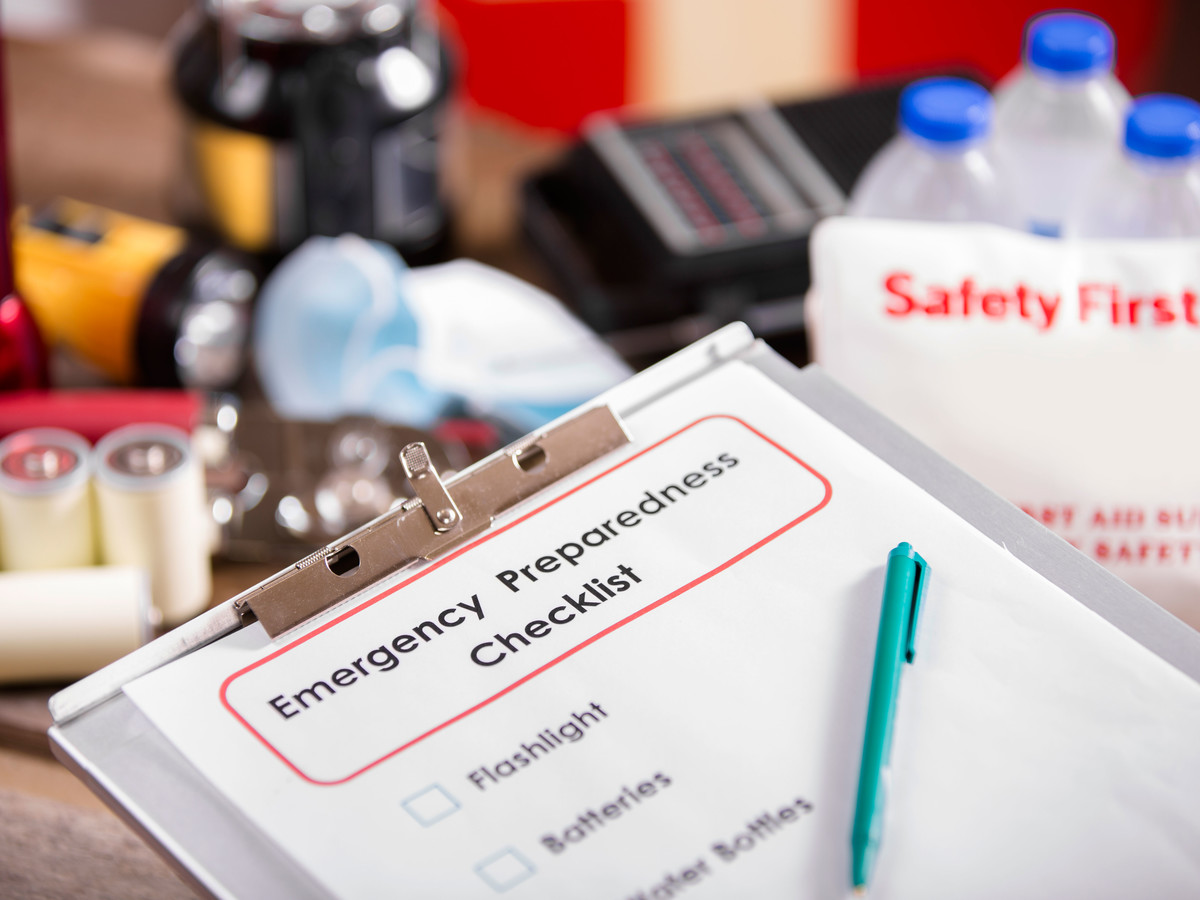
11 Sep How to Be Prepared for a Hurricane
It’s the time of the year that we start to see hurricanes forming the most.
In fact, we have ongoing three consecutive years of hurricane landfall in Florida in the month of September.
If you aren’t already, it’s beneficial to be as prepared as far in advance as possible. Waiting last minute for emergency essentials has proven to cause quite the chaos in stores, gas stations, and towns all over.
Keep reading to learn more information on how to best prepare you and your family for a hurricane.
Ways to Prepare
- Make plans for evacuation – get to know your evacuation zone, evacuation route and shelter locations.
- Prepare your house. Installing hurricane shutters is beneficial when you’re near the most at-risk zones for hurricanes. Call a local roofer to inspect your roof to prevent any serious damage by faulty shingles. Declutter your home’s drains and gutters so that rainfall isn’t disrupted making it’s way off your roof. Install check valves in your plumbing to prevent backups.
- Keep important documents in a safe place where water or damage would least likely damage them.
- Build a hurricane kit. This should consist of:
Ultimately you choose how much and what you want to pack in your kit, but we believe these to be essentials. It’s also important to think of your pet in this time. Preparing for your pet can be very similar to preparing yourself: pack up water, food, documents of ownership, vaccination information, ID tags, and the occasional toy.
Storm surges and their role in a hurricane
- Storm surge is water from the ocean that is pushed toward the shore by the force of the winds swirling around a hurricane. It is fast and can produce extreme coastal and inland flooding. In fact, over 20 feet of water can be produced and pushed towards the shore and several miles inland destroying property and endangering lives in its path.
- It is the leading cause of hurricane-related deaths in the U.S.
- The water overload undermines roads and foundations, causing the material underneath to erode
When a hurricane is approaching
A few things to do a week leading up to a storm:
- Cover your home’s windows with storm shutters or plywood
- Bring anything outside that is loose inside such as garbage cans and patio furniture.
- Trim or remove trees that are a risk at falling on your house during high wind gusts
- Always have the radio and TV on for news and updates
- Turn your refrigerator/freezer to the lowest possible temperature so in the case of power going out, your food will last as long as possible.
- Know the difference between a Hurricane Warning and a Hurricane Watch
When it’s gone
- Practice safety precautions during cleaning up. Loose wires or electrical equipment have high probabilities of being wet, creating a big potential of electric shock.
- Utilize social media to stay in touch with friends, family, or help.
- Photograph any property damages and give us a call if you believe your roof was damaged.
Stay Ahead of the Emergency
If you aren’t sure if your roof is in the best shape for a hurricane and you want an expert’s eyes on it, just give us a call! Get a free inspection and estimate by our expert roofers. With 26 years in replacing Florida roofs, we stand by giving honest advice, custom experiences, and quality product and installation.
Contact Universal Roof & Contracting at (407) 901-4444 or visit us online to request an estimate for your replacement roof today.
Follow us on social media!
Below is a list of resources and more information to best prepare you and your family.
Associated Content
- Storm Surge PSAs
- Storm Surge (NOAA)
- Hurricane Seasonal Preparedness Social Media Toolkit (link)
- Hurricane Information Sheet (PDF)
- Six Things to Know Before a Disaster (video)
- National Hurricane Center (link)
- National Weather Service Hurricane Safety (link)
- When the Waves Swell – Hurricane Animated (Video)
- How to Prepare for a Hurricane (PDF)
- Hurricane Playbook (PDF)
- Prepare Your Organization for a Hurricane Playbook (PDF)
- National Storm Surge Hazard Maps
- FEMA Flood Map Service Center





